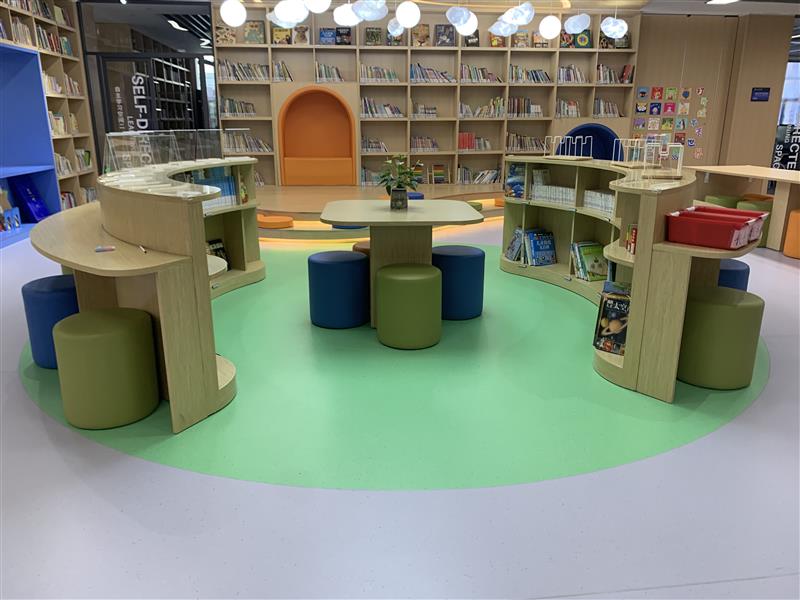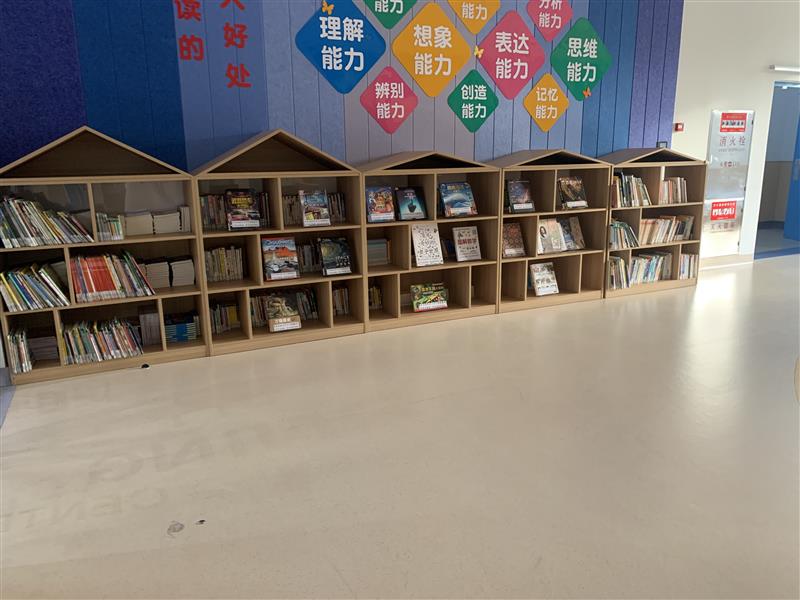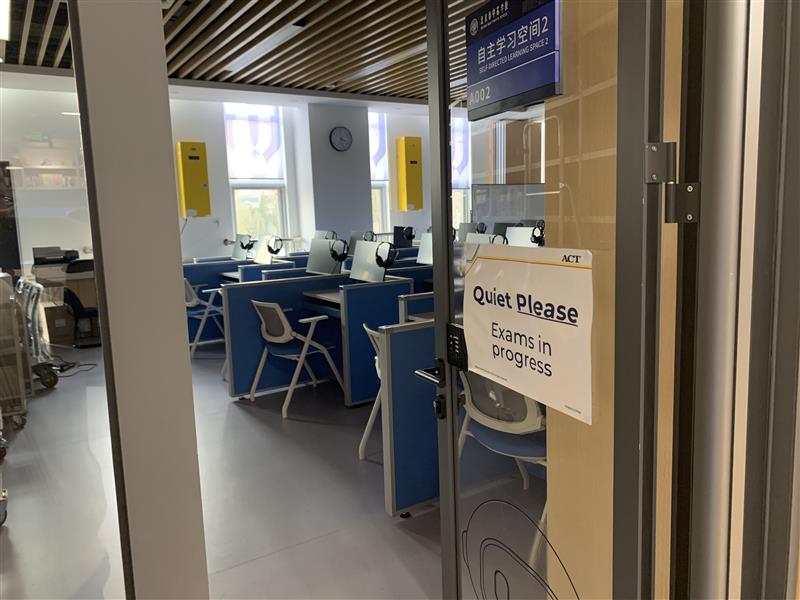We Empower Our Students to Become the Leaders of Tomorrow.
Ribbon Week
Welcome to a Community of Learning
The Heart of Our Campus
Beijing SMIC Private School is located in southeast Beijing, in the Yizhuang BDA, Beijing’s largest hi-tech economic development zone. Founded in 2005 to serve families employed by Semiconductor Manufacturing International Company (SMIC), it now enrolls many students from outside the company as well. The school employs over 300 teachers (including 50 expatriate staff) that serve over 2000 ...
Library Services

At SMIC we work hard to provide
the services and facilities
necessary to ensure each student
is invested in their own
success.
Photos: By Wendel Wu



Look at What You've Built
Preparing the leaders of tomorrow with excellence in mind, our high school campus connects students to their full potential and ensures that each individual leaves with the tools needed for success. And we are proud to announce that our high school is a UCAS registered center!
Student Achievement Center and Counseling Center
We support students in ELA, Math, and Science only. This is provided during ELA, Math or Science class as a pull-out service 1- 4 times a week, students are expected to complete grade level work, with modifications and accommodations to assignments/tests/quizzes. We tutor, give instruction and make up work for struggling and failing students after school. From 3:15 - 4:30 we have a group of up to 12 students who are in our check in/check out program who have been nominated by teachers and with administration and parent decision committed to attending groups at least 4 days a week SAC provides small group instruction for students who have been identified as having extra needs that are not being supported in the classroom.
SAC provides small group instruction for students who have been identified as having extra needs that are not being supported in the classroom.







